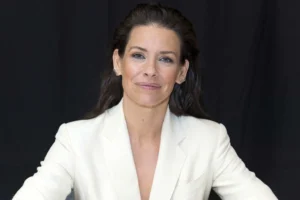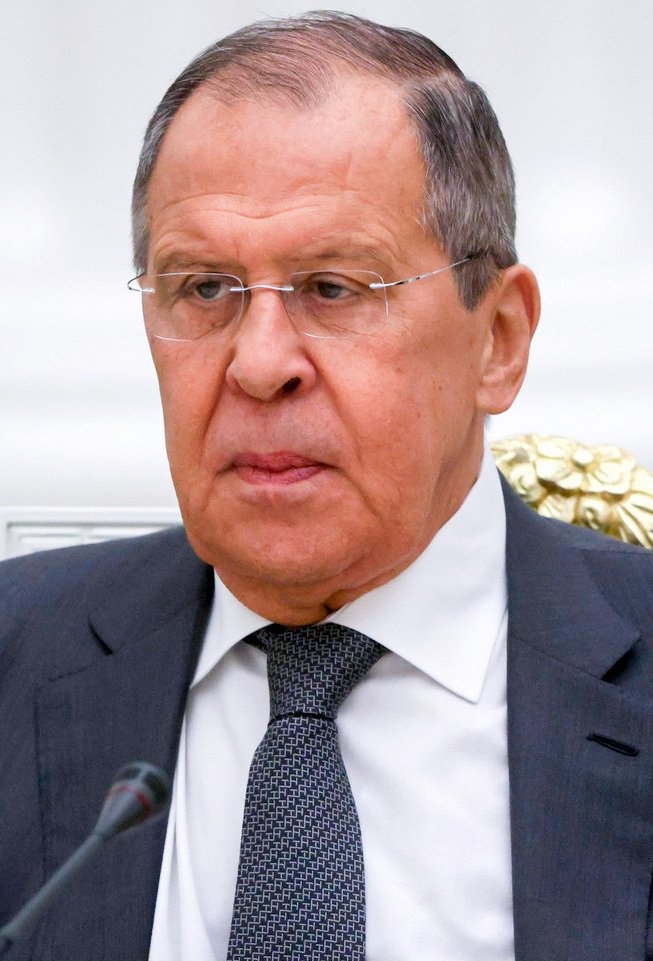Foreign Minister Sergey Lavrov has been a defining figure in Russian diplomacy for over two decades. Born on March 21, 1950, Lavrov has shaped Russia’s foreign policy through some of the most turbulent times in recent history. Known for his calm demeanor, sharp diplomatic skills, and unwavering defense of Russia’s interests, Lavrov remains one of the most influential voices on the global stage.
Lavrov’s journey into diplomacy began at the Moscow State Institute of International Relations (MGIMO), where he graduated in 1972. MGIMO is Russia’s premier institution for training diplomats, and Lavrov’s education there laid the foundation for his extensive career. Early in his professional life, he served in various roles within the Soviet Ministry of Foreign Affairs. One notable assignment was in Sri Lanka, where he developed language skills and diplomatic experience that would serve him throughout his career.
In 1994, Lavrov was appointed as Russia’s Permanent Representative to the United Nations. He held this position for ten years, a period during which Russia navigated the post-Soviet world order and sought to maintain its influence on the international stage. Lavrov’s time at the UN was marked by his ability to engage with other world leaders, defend Russian interests, and promote Russia’s views on global issues. His fluency in several languages, including English and Sinhala, aided his effective communication in the complex world of international diplomacy.
In March 2004, Sergey Lavrov became Russia’s Minister of Foreign Affairs, a position he has held ever since. As Foreign Minister, Lavrov is the top diplomat in Russia, responsible for directing the country’s international relations and foreign policy. His tenure has spanned multiple Russian presidencies, including the long rule of Vladimir Putin, and he has been a central figure in managing Russia’s approach to major geopolitical events.
Lavrov’s role as Foreign Minister has placed him at the heart of many critical international issues. He has played a significant part in Russia’s responses to the conflicts in Ukraine and Syria, where Moscow’s policies have drawn global attention. Throughout these challenges, Lavrov has been a vocal critic of Western policies and has consistently articulated Russia’s perspective with clarity and firmness. His statements often reflect a commitment to defending Russian sovereignty and opposing what Moscow views as external interference.
In addition to managing conflicts, Lavrov has worked extensively on Russia’s relations with key global players, including the United States, China, and the European Union. He has represented Russia in numerous international forums, including the United Nations, the Organization for Security and Co-operation in Europe (OSCE), and the Shanghai Cooperation Organization. His diplomatic style is characterized by a careful balance between firmness and pragmatism, aiming to advance Russia’s interests while maintaining dialogue with other countries.
Recently, Foreign Minister Sergey Lavrov has been involved in Russia’s diplomatic engagements with the Taliban government in Afghanistan. Russia’s recognition of the Taliban as Afghanistan’s legitimate government followed advice from Lavrov and marked a significant shift in Moscow’s approach to the region. This step signals Russia’s desire to stabilize Afghanistan and strengthen its influence in Central Asia, demonstrating Lavrov’s role in shaping policy toward key regional developments.
Lavrov’s influence extends beyond policy into Russia’s broader strategy of asserting itself as a global power. His long service and experience have made him one of the most respected, though sometimes controversial, diplomats in the world. Despite criticism from Western countries, Lavrov is often praised in Russia for his steadfastness and dedication to protecting national interests.
Throughout his career, Lavrov has managed to maintain a reputation for professionalism and resilience. His ability to navigate complex international situations, engage with a wide range of global leaders, and articulate Russia’s positions clearly has been a hallmark of his tenure. His fluency in multiple languages and his deep understanding of international relations continue to serve him well in his diplomatic endeavors.
As global politics evolve, Foreign Minister Sergey Lavrov remains a key player in shaping Russia’s role on the world stage. His leadership in diplomacy reflects a blend of experience, strategic thinking, and a commitment to Russia’s place in international affairs. Whether addressing conflicts, forging alliances, or engaging in negotiations, Lavrov’s presence and voice are central to Russia’s foreign policy direction.







